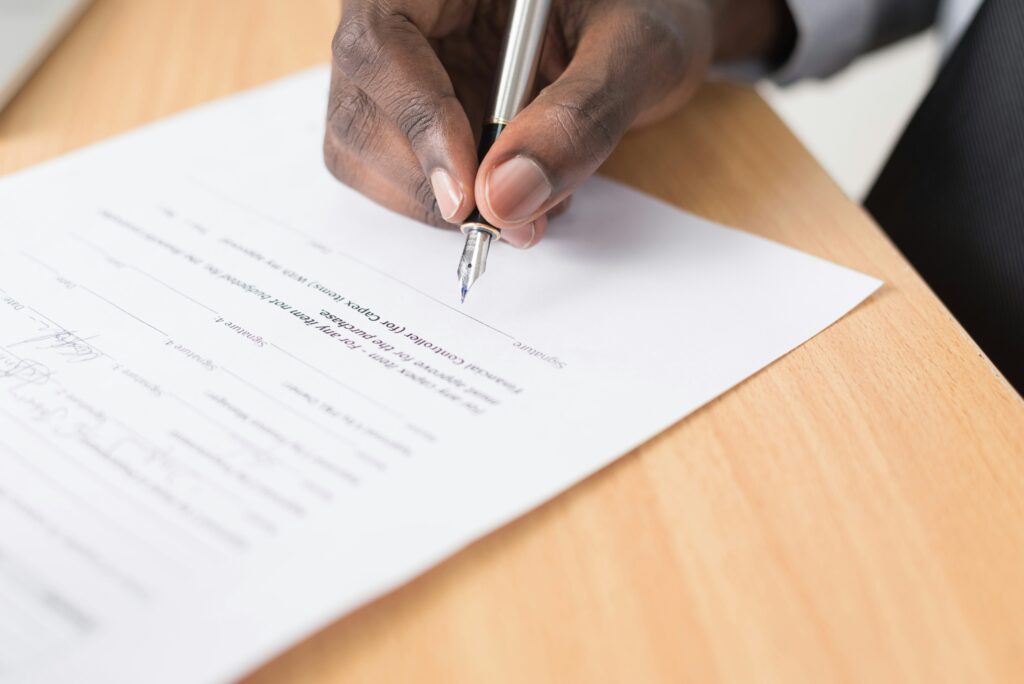
Non-disclosure agreements (NDAs) have a reputation for being overused, but when it comes to protecting confidential business information, it’s one you absolutely should keep in your arsenal, especially if you want to prevent that information from leaking to third parties or the public.
When You Might Use an NDA
Keeping private information private is the primary reason businesses use NDAs. Some have their employees, contractors, and other business partners sign NDAs prior to engaging in business with them. Others use them during a merger and acquisition process.
There are two types of NDAs – mutual agreements and one-sided agreements. Mutual agreements are typically used when confidential information will be shared by both sides. One-sided agreements are generally for situations when just one party will be sharing private information.
Key Components of an NDA
Before creating an NDA for your organization, consult a Florida business law attorney who has experience with your type of business. NDAs, like most contracts, generally don’t come under scrutiny until you run into an issue or dispute – and then it’s too late to make changes to the document.
As you and your attorney draft your confidentiality agreement, here are some important elements to include:
- Identify the parties to the agreement – If you just have a disclosing party and a recipient, drafting the document is fairly straightforward, but be sure to consider if any other partners may be privy to the information and whether the NDA needs to cover those individuals as well.
- Identify what information is deemed confidential – Does everything you share (both oral and written) need to be confidential, or is the confidential information limited to specific information? Consult an attorney to determine how narrow or broad you want to be when determining what information needs to be kept confidential. We can’t underscore the importance of precise language in an NDA.
- Define the scope of the confidentiality obligation – Your NDA’s purpose is two-fold: to both ensure that the recipient keeps the confidential information private as well as ensure that they do not use that confidential information for individual gains. This should be clearly defined in your NDA.
- Define any exclusions – Identify situations that may be excluded from the agreement, such as when the information is already known to the recipient or the public, or if the recipient is required to disclose information through a legal process.
- Identify the terms of the agreement – Are there limitations put in place by the NDA including how long the agreement lasts? Many NDAs often have a time limit in place of up to five years, but it will vary by your business and industry.
Including these and other provisions applicable to your business situation are import ant ways to protect your private information and ensure confidentiality.
As you consider the needs for your Florida business, contact us at the Law Offices of Alex D. Sirulnik, P.A. Our team can assist in preparing and reviewing contracts and agreements to ensure your best interests are maintained and to prevent your businesses from experiencing unnecessary legal disputes.



